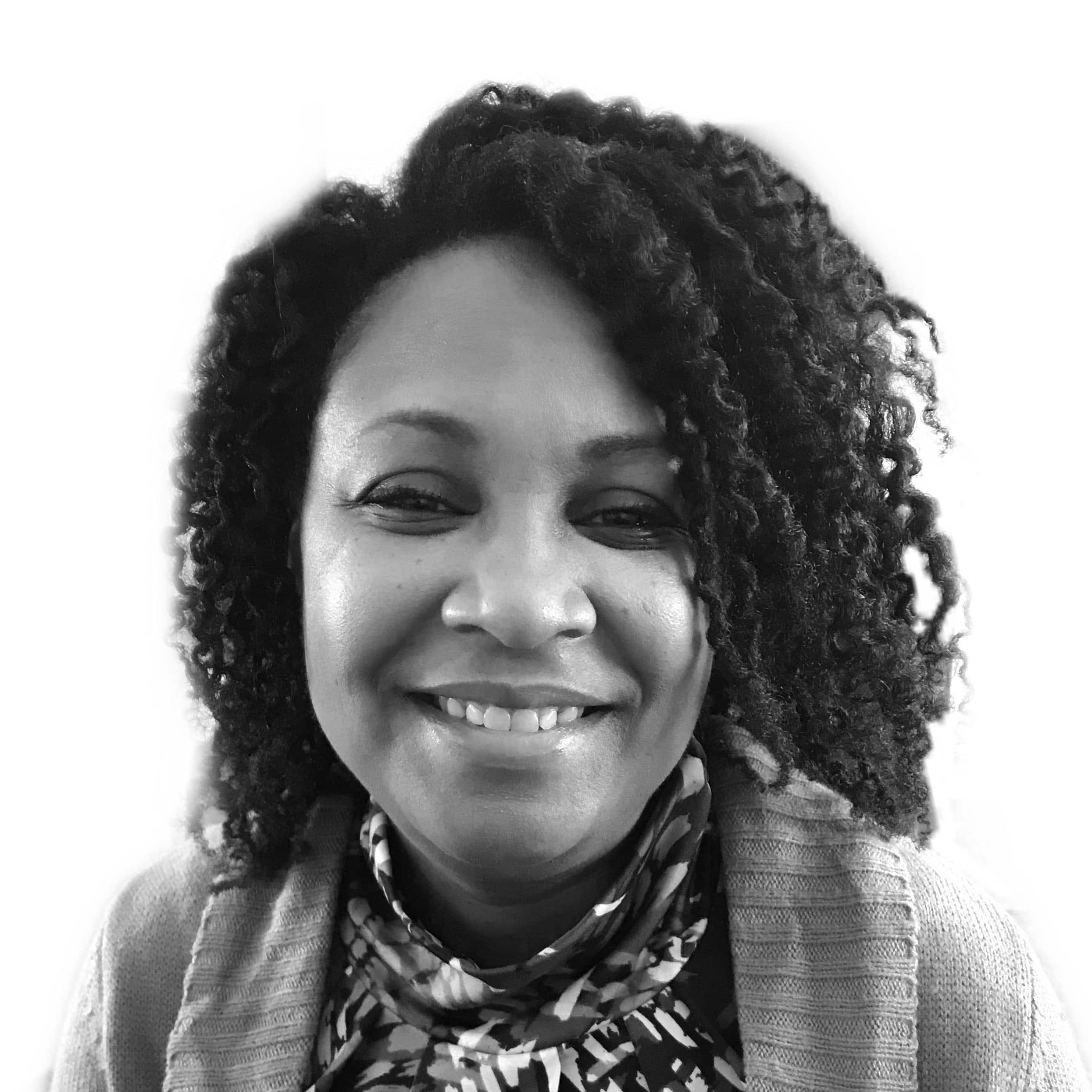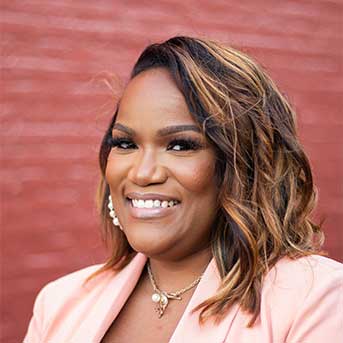
Addiction is a complex disease that can be difficult for loved ones of someone with an addiction to grasp. If you’re unsure how to help a loved one with addiction, you’re not alone.
One of the most important tools that family, friends, and spouses of those with drug or alcohol addiction can have is knowledge.
What Is The Purpose Of Substance Abuse Education?
Substance abuse education, sometimes referred to as drug education or psychoeducation, can offer several benefits for loved ones of those with a substance use disorder.
What this can do, broadly, is empower individuals to develop the skills and knowledge they need to make decisions that support a healthy life.
What drug education can offer:
- strategies for substance use prevention
- information for identifying signs of addiction
- a clearer understanding of what addiction is
- information about how to support addicted loved ones
- tips for confronting a loved one with addiction
- coping skills for friends and families
- tips for preventing and responding to relapse
6 Places To Find Information About Substance Abuse
Being willing to learn more about substance abuse and addiction is an important first step. Next is finding credible information about addiction to inform your understanding.
For parents, siblings, spouses, and children of individuals with addiction, here are five places to start:
1. Government Health Agencies
Government health agencies, including local, state, and federal bodies, can be invaluable resources for credible information about substance abuse and available treatment services.
Some federal drug abuse resources include:
- The Substance Abuse and Mental Health Services Administration (SAMHSA)
- The U.S. National Institute on Drug Abuse (NIDA)
- The U.S. National Institute on Alcohol Abuse and Alcoholism (NIAAA)
- The U.S. National Institute on Mental Health
- Centers for Disease Control and Prevention (CDC)
- Rural Health Information Hub
- U.S. Indian Health Service
In addition, state and municipal health departments can also be a valuable resource for information, particularly for finding nearby drug and alcohol treatment options.
Health departments can also either direct families towards their own drug education programs, or direct loved ones towards those of other health organizations in the local community.
2. Advocacy Organizations
There are a number of mental health and substance use advocacy organizations in the United States that offer valuable information about drugs, alcohol, and addiction.
National organizations include:
- Mental Health America
- National Alliance on Mental Illness
- Partnership to End Drug Addiction
- Drug Policy Alliance
- Harm Reduction Coalition
- Faces and Voices of Recovery
- National Association for Children of Addiction
Many organizations that advocate for people affected by substance use disorder offer targeted resources for families in order to help inform their understanding of their loved one’s illness.
3. Family Support Groups
Another helpful strategy for learning more about addiction, and its effects on families in particular, is finding a family support group.
This can offer a number of benefits for affected loved ones, including valuable insight from other families who have gone through similar experiences with their own loved ones.
Where you can find family support groups:
- online
- schools
- community centers
- drug counseling offices
- drug and alcohol rehab centers
4. Health Care Professionals
Many general physicians and addiction treatment specialists can provide information to family members about substance abuse, as well as resources for finding treatment.
In addition, a healthcare professional can perform a drug or alcohol assessment for your loved one, provide a referral for treatment, and offer information about nearby support groups.
5. Books About Substance Abuse
Health literature, as well as memoirs written by individuals who have lived with addiction, can offer helpful information for family members.
Memoirs, for instance, can offer insight into what it’s like to live with addiction, while self-help and informational books can offer practical tips, tools, and knowledge about substance abuse.
6. Drug And Alcohol Rehab Programs
Many addiction rehab centers have a clear understanding of how important family involvement can be in a person’s addiction recovery journey.
As such, treatment centers will often incorporate opportunities for family engagement within their inpatient or outpatient rehab programs.
What this might look like:
- family week (for inpatient and residential programs)
- psychoeducation
- family therapy
- relapse prevention planning with families
What Are The Benefits Of Family Members Getting Addiction Education?
Gaining a clearer understanding of addiction through substance abuse education can offer not only benefits for the person with addiction, but also for family members.
Some of these benefits include:
Stigma Reduction Through Drug Education
Stigma surrounding addiction, and those living with addiction, still persists in today’s society, despite admirable efforts to normalize and demystify drug and alcohol abuse.
Through education, families can learn the facts and myths about addiction, and gain a clearer understanding of what they’re up against and how to support someone in recovery.
What reducing stigma can offer for families:
- greater sympathy
- a better understanding of addiction
- reduced shame or guilt
- greater confidence
Coping Skills For Families
It’s commonly understood that addiction affects not only the person who needs help, but also those around them.
Through educational opportunities, family members can learn how to identify and use coping skills for effectively managing the physical and emotional distress that can accompany addiction.
Stronger Support System
Addiction education helps families build a strong support system for their loved one. This can be helpful in all stages of the recovery process.
Relapse Prevention
Research studies show that family engagement in the treatment process, including participation in drug education, can help reduce the risk for relapse in recovery.
Furthermore, this can also help families learn how to support a loved one in the event that they do relapse, and provide information about how to adequately respond to setbacks in recovery.
Finding A Treatment Center That Offers Addiction Education
Many addiction rehab centers offer addiction education opportunities for families of those with a substance use disorder. But the quality of rehab centers in the U.S. can vary.
Call us today to learn more about substance abuse and to find the best treatment program for your friend, spouse, or family member.
Addiction Resource aims to provide only the most current, accurate information in regards to addiction and addiction treatment, which means we only reference the most credible sources available.
These include peer-reviewed journals, government entities and academic institutions, and leaders in addiction healthcare and advocacy. Learn more about how we safeguard our content by viewing our editorial policy.
- Substance Abuse and Mental Health Services Administration (SAMHSA) — Resources for Families Coping with Mental and Substance Use Disorders
https://www.samhsa.gov/ - Substance Abuse and Mental Health Services Administration (SAMHSA) — TIP 39 Substance Use Disorder Treatment and Family Therapy
https://store.samhsa.gov/sites/default/files/SAMHSA_Digital_Download/PEP20-02-02-012-508%20PDF.pdf - U.S. National Library of Medicine — The Impact of Substance Use Disorders on Families and Children: From Theory to Practice
https://www.ncbi.nlm.nih.gov/pmc/articles/PMC3725219/


